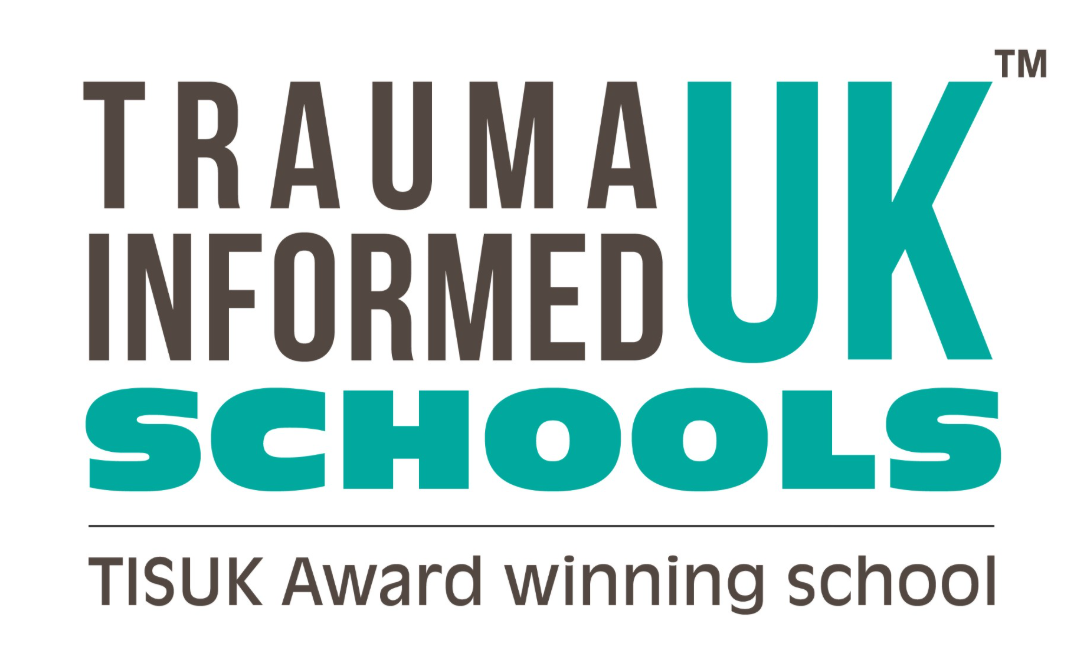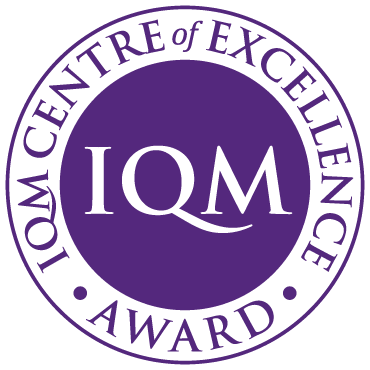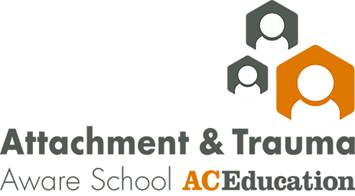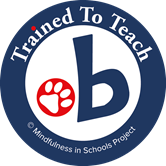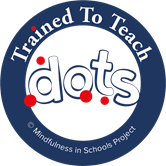Science
Intent
Our Science curriculum has been developed in line with our whole school curriculum intent to deliver a broad, relevant and engaging curriculum, bespoke to each child and catering to the unique needs and challenges of our students, all of whom have an EHCP. Our Science curriculum is designed to be flexible and personalised, considering the diverse needs of our students, including those with ASC, ADHD, high anxiety, and attachment and trauma barriers to learning. We follow the Oak National Academy Curriculum at Key Stages 2 and 3 for our primary and secondary students.
The aim of our curriculum is to develop scientific knowledge and conceptual understanding in our students thus providing a foundation for understanding the world around them through the study of Biology, Chemistry and Physics.
Students will be able to develop a curiosity about natural phenomena and be able to ask questions, give explanations, make predictions and analyse.
All students should be taught essential aspects of the knowledge, methods, processes and uses of science.
Our commitment is to ensure that all students, regardless of their starting point, leave Educate U with outcomes that reflect the best of their ability. Our aim is for every child to leave us with a recognised qualification to give them the very best opportunities in their chosen pathway.
Implementation
Our formal curriculum is aligned to national curriculum standards and aims to provide a well-rounded Science education to our children.
Teachers are supported by the Science subject lead; the subject lead ensures that all lessons are planned to be accessible and engaging for all our children with SEND. Reasonable adjustments are made to ensure that all children can access the Science curriculum but that opportunities for challenge are included for those who are more able.
Class teachers adapt the lessons according to the needs and abilities of the children in their classes, ensuring that a range of learning styles/activities are utilised during lessons. Students will investigate and research through theory and practical assignments. Trips to places of relevant scientific interest are also important towards building curiosity and understanding and these will be researched by staff to meet the needs of the topics studied.
We focus on key aims for the students are to:
- Develop their subject specific vocabulary, scientific knowledge and conceptual understanding through the specific disciplines of biology, chemistry and physics.
- Develop their understanding of the nature, processes and methods of science through different types of science enquiries that help them to answer scientific questions about the world around them.
- Ensure they are equipped with the scientific knowledge required to understand the uses and implications of science, today and for the future.
Impact
Staff record internal data to monitor progress for pupil progress throughout each term for English. Expected progress will differ from child to child according to ability and need. Teachers assess progress as students move through each key stage and develop secure understanding of each key block of knowledge and concepts in order to progress to the next stage.
Our children experience a supportive, adaptive and practical Science curriculum which identifies gaps in their knowledge and skills, meets them at their current level and uses regular assessment to inform planning and future learning. This allows the children to feel supported and that the work set for them is achievable and enables them to see their own progress and feel proud of their achievements.
Students will show they can work scientifically by learning a variety of approaches to answer relevant scientific questions including observing over time; pattern seeking; identifying, classifying and grouping; comparative and fair testing (controlled investigations); and researching using secondary sources.
Our targeted approach to learning ensures that all students will be able to work scientifically and build on this skill as they move through the key stages of the curriculum.
What do students leave with?
The use of the Science Oak National Curriculum scheme in our school, even without end-of-curriculum exams, can still have a significant impact on learning. Its structured, knowledge-rich approach helps ensure consistent, high-quality science education across year groups. Without the pressure of formal exams, students may engage more deeply with the content, fostering curiosity and long-term understanding rather than short-term memorization. This will create a more supportive and exploratory learning environment while still meeting key curriculum goals.



